Open heart surgery is a surgical procedure performed on the heart when there are problems with the heart’s structure or function. It involves making an incision in the chest to access the heart and perform necessary interventions. Open heart surgery is a complex procedure that requires a skilled surgical team and specialized equipment. It is commonly used to treat conditions such as coronary artery disease, heart valve problems, congenital heart defects, and heart failure.
CContents
Frequently Asked Questions:
What is open heart surgery?
Open heart surgery is a surgical procedure that involves opening the chest to access the heart. It is performed to repair or replace damaged heart valves, bypass blocked coronary arteries, correct congenital heart defects, or treat other heart conditions.
How is open heart surgery performed?
Open heart surgery is typically performed under general anesthesia. The surgeon makes an incision in the chest to access the heart. The heart may be temporarily stopped, and a heart-lung machine is used to take over its function. The surgeon then performs the necessary repairs or interventions, and once completed, the heart is restarted, and the chest incision is closed.
What are the reasons for undergoing open heart surgery?
Open heart surgery may be recommended for various reasons, including coronary artery disease, heart valve problems (such as stenosis or regurgitation), congenital heart defects, aortic aneurysms, and heart failure. Your doctor will determine if open heart surgery is the most suitable treatment option for your specific condition.
What are the risks and complications associated with open heart surgery?
Like any major surgery, open heart surgery carries risks. These can include bleeding, infection, blood clots, stroke, heart rhythm abnormalities, lung problems, and allergic reactions to anesthesia. Your surgical team will take measures to minimize these risks and closely monitor your condition throughout the procedure.
How long does it take to recover from open heart surgery?
The recovery period can vary depending on the individual and the specific procedure performed. Generally, it may take several weeks to months to fully recover from open heart surgery. During this time, you will need to follow your doctor’s instructions regarding rest, medication, physical activity, and lifestyle modifications.
Will I have a scar after open heart surgery?
Yes, open heart surgery typically leaves a scar on the chest. The size and appearance of the scar can vary depending on the surgical approach and individual factors. Over time, the scar may fade and become less noticeable.
What lifestyle changes will I need to make after open heart surgery?
After open heart surgery, your doctor will likely recommend certain lifestyle changes to promote heart health and reduce the risk of future complications. These may include adopting a heart-healthy diet, engaging in regular physical activity, quitting smoking (if applicable), managing stress, and taking prescribed medications as directed.
Can open heart surgery be performed on all patients?
Not all heart conditions require open heart surgery, and not all patients are suitable candidates for this procedure. The decision to undergo open heart surgery depends on several factors, including the specific condition, the overall health of the patient, and individual circumstances. Your doctor will evaluate your case and discuss the most appropriate treatment options for you.
Will I be awake during open heart surgery?
No, open heart surgery is performed under general anesthesia, which means you will be completely asleep and unaware during the procedure. The anesthesia team will closely monitor your vital signs and ensure your comfort and safety throughout the surgery.
How To Fix A Leaky Heart Valve Without Surgery?
Fixing a leaky heart valve without surgery may not always be possible, as it largely depends on the severity and specific condition of the valve. However, in some cases, less invasive treatments can help manage symptoms and improve heart function.
What is the success rate of open heart surgery?
The success rate of open heart surgery depends on various factors, including the specific procedure, the underlying condition, the patient’s overall health, and individual responses to surgery. Your doctor can provide more specific information regarding the success rates for your particular case.
Remember, it is important to consult with your healthcare provider or a cardiac specialist for personalized advice and information regarding open heart surgery. They can provide you with specific details based on your medical history and guide you through the entire process.

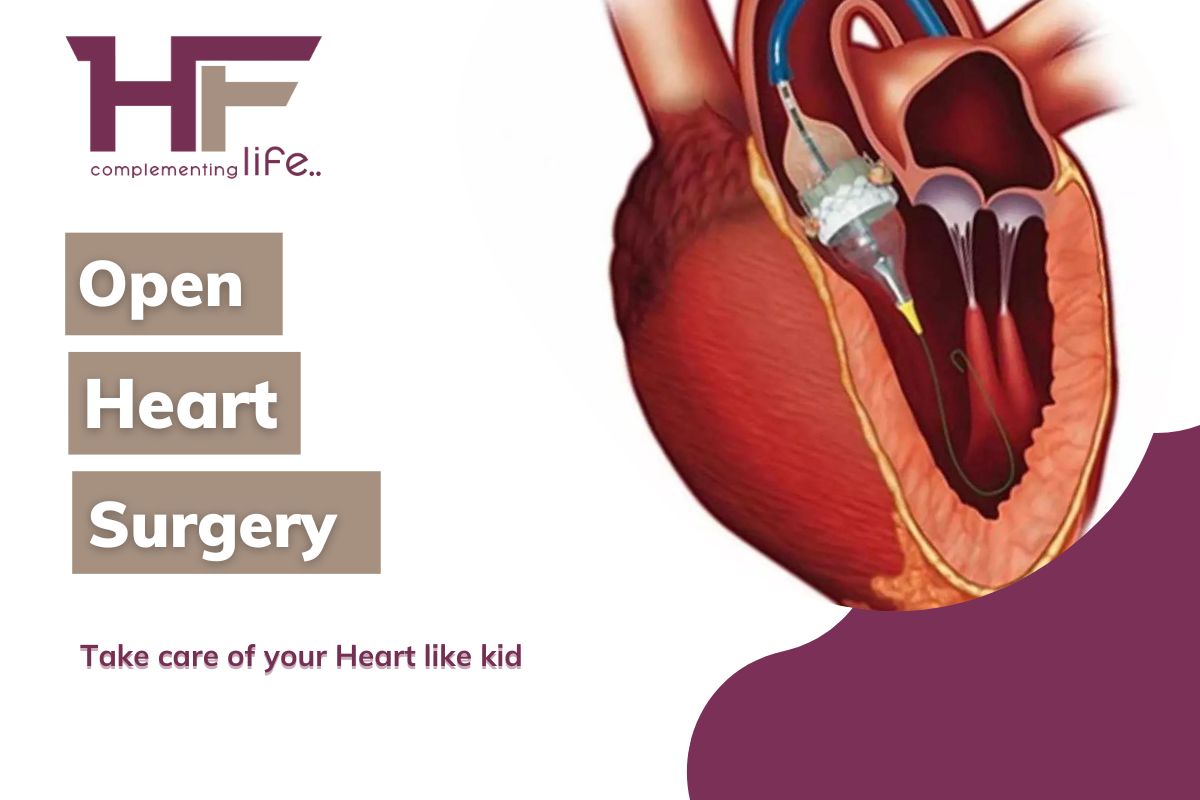
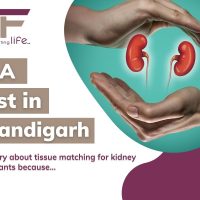
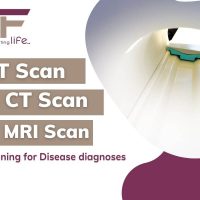
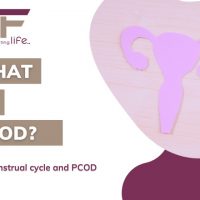
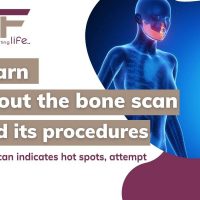
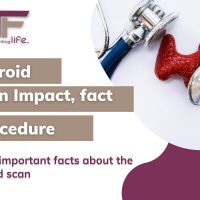

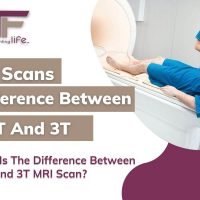

Comments